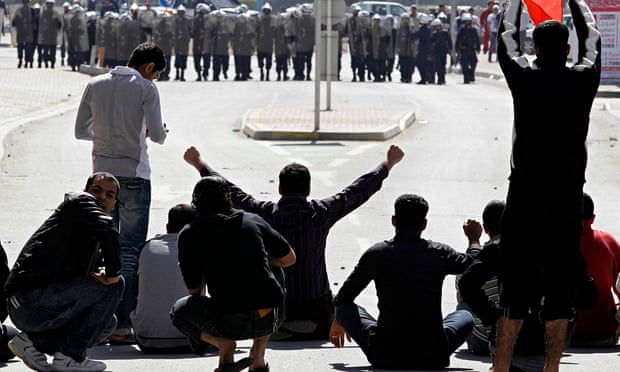By Kathryn Maureen Ryan
Impunity Watch, Managing Editor
BEIJING, China – The evidence of China’s pollution problem can now be seen from Space. NASA satellite images show a huge bloom with a bluish huge over the world’s most populous country. This massive air pollution problem is caused by China’s coal fired power plants as well as car exhaust, in a country where bicycles were the primary mode of transportation just over a decade ago china is now home to the world’s largest population of drivers. The true cost of China’s rapid industrial development is being felt by the country’s people, who breath in the byproducts of development on a daily basis.

On Saturday, Chai Jing, a former TV journalist at CCTV in Beijing, released her feature-length documentary titled “Under the Dome”. This film has been doubled China’s “Inconvenient Truth,” refrain to former U.S. Vice President Al Gore’s 2005 Academy Award winning documentary which awoke many American’s to the environmental justice problems associated with Global Climate Change. 60 million peopled reportedly watched the documentary as Jing took the government to task for poor air quality, especially in the country’s densely populated urban areas.
Jing began her documentary with an image of a sonogram of her daughter who was born with a malignant tumor that she claims was caused by air pollution. “I’d never felt afraid of pollution before and never worn a mask no matter where, but now, here’s life in my arms,” she said. “What she breathes, eats and drinks are all your responsibility and then you feel the fear. When I went to Beijing I knew I was pregnant, when I heard the heartbeat, I wish she could be healthy and I couldn’t wish for anything more than this. Unfortunately she had a benign tumor.” Jing’s daughter survived, but her mother says how she has been worried about the issue of air quality in china ever since.
Pollution has become the leading issue in Chinese politics and the primary concern for members of the public. Air pollution topped the list of concerns among locals ahead of annual parliamentary sessions which begin on March 5. According to a poll published by China Daily, 18% of respondents said pollution was their primary concern, followed by corruption (10%) and income inequality (8%).
Air, water and land pollution is a major problem for china’s limited natural resources. The country has a population of over 1.3 billion, making it the most populous nation on earth, and resource management has become a primary concern for the government which must provide resources for an ever growing and ever modernizing population. According to Jing’s documentary many of china’s rivers are polluted with benzoyl, a deadly chemical, from the coal-mining province of Shanxi, a landlocked state in the north, and west of Beijing. When Jing did the original reporting on Shanxi in 2004, 88% of the rivers in the region were polluted.
The documentary, which was released online, has gone viral in china and around the world. Demonstrating china’s growing concerns over environmental justice issues. The timely video hopes to help pressure the Chinese government into taking more direct action to conserve the environment.
For more information please see:
Forbes – Pollution Becomes China’s ‘Inconvenient Truth’ – 3 February 2015
Think Progress – China’s Surprising Reaction to an Online Video Exposing the Country’s Extreme Pollution Problem – 2 March 2015
The Washington Post – China Is Disappearing – 2 March 2015
The New York Times – Documentary on Air Pollution Grips China – 1 February 2015


